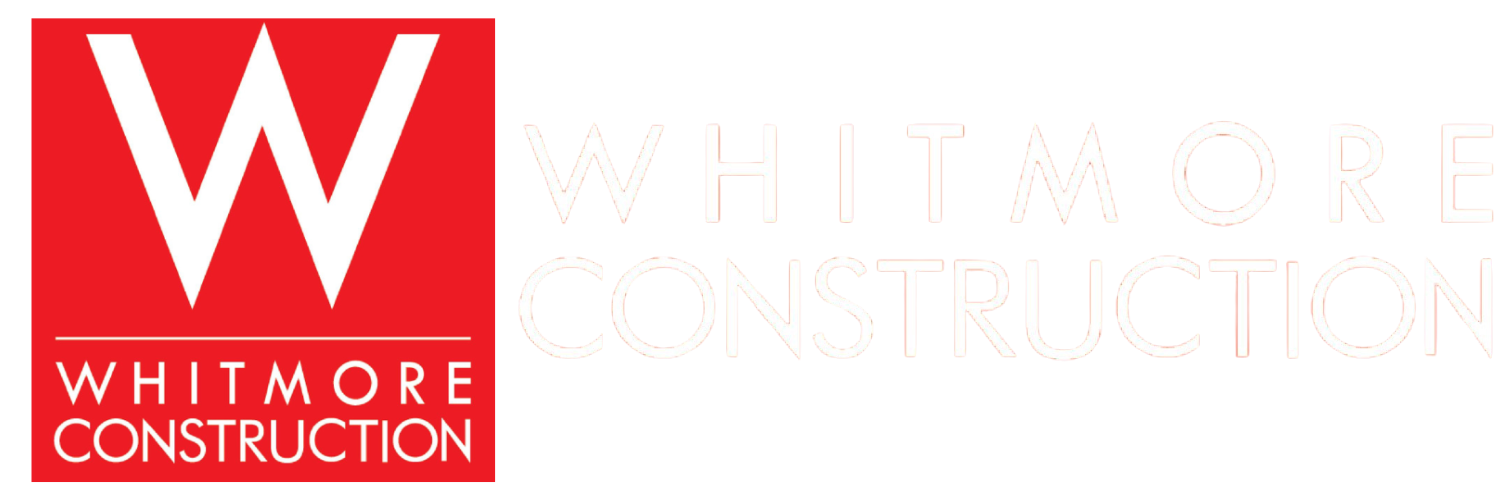 In the ever-evolving landscape of the construction industry, businesses face unique financial challenges that require effective solutions. One such solution is invoice factoring, which can significantly enhance cash flow. This article delves into the intricacies of cash advance and invoice factoring, particularly in the construction sector in Lubbock.
In the ever-evolving landscape of the construction industry, businesses face unique financial challenges that require effective solutions. One such solution is invoice factoring, which can significantly enhance cash flow. This article delves into the intricacies of cash advance and invoice factoring, particularly in the construction sector in Lubbock.
Understanding Invoice Factoring in Construction
Invoice factoring is a financial transaction whereby a business sells its accounts receivable (invoices) at a discount to a third party, known as a factor. This transaction allows the business to receive immediate cash, which can be used to manage ongoing expenses, pay employees, or invest in new projects.
In the construction industry, where projects can be time-consuming and payments are often delayed, invoice factoring serves as a vital lifeline. By selling their invoices, contractors can access timely funds without waiting for clients to settle their bills. This immediate influx of cash can be crucial for maintaining operational efficiency, ensuring that materials are purchased on time, and that subcontractors are paid promptly, which ultimately helps to uphold the reputation of the contractor in a competitive market.
The Basics of Invoice Factoring
The fundamental concept behind invoice factoring revolves around cash flow management. When a construction company completes a project, it issues an invoice to the client, but the waiting period for payment can stretch to 30, 60, or even 90 days. Factoring provides a means to bridge this gap.
In essence, invoice factoring involves handing over the invoice to a factoring company. This company then advances a significant percentage of the invoice amount—typically between 70% to 90%. Once the client pays the invoice in full, the factoring company remits the remaining balance to the contractor, minus a fee for the service. This fee can vary based on factors such as the creditworthiness of the client and the volume of invoices being factored, making it essential for contractors to shop around for the best terms.
How Invoice Factoring Works in Construction
For construction companies, the invoice factoring process is usually straightforward. Initially, the contractor submits an invoice to a factoring company, which evaluates the invoice and the creditworthiness of the client.
If approved, the contractor receives an advance and relinquishes the responsibility of collecting the payment directly. This means that the factoring company will take on the role of following up with the client, allowing construction businesses to focus on their core operations rather than administrative tasks. Furthermore, this arrangement can enhance cash flow predictability, enabling contractors to better plan for future projects and investments. By alleviating the stress of receivables management, contractors can allocate more resources toward growth strategies, such as expanding their workforce or upgrading equipment, which are vital for staying competitive in the ever-evolving construction landscape.
The Role of Cash Advance in Construction Business
In addition to invoice factoring, cash advances play a crucial role in the financial well-being of construction firms. Cash advances can be sought to cover immediate operational costs, such as payroll, supplies, and equipment purchases. These advances can be particularly beneficial during lean periods when cash flow is tight.
The Importance of Cash Flow in Construction
Cash flow is the lifeblood of any business, but it is especially critical in the construction sector. Construction projects often require significant upfront investment, and cash flow disruptions can halt operations, delay project completion, and strain relationships with subcontractors and suppliers.
Understanding and managing cash flow effectively ensures that construction companies can meet their financial obligations without resorting to more expensive financing options. Solutions like cash advances and invoice factoring provide the necessary liquidity to keep projects on track.
How Cash Advances Can Benefit Construction Companies
Cash advances can facilitate immediate access to funds, allowing construction companies to seize opportunities as they arise. This can include purchasing bulk materials, engaging skilled labor, or accelerating project timelines.
By reducing dependency on traditional loans, which often come with lengthy approval processes and stringent repayment terms, cash advances empower construction business owners to act swiftly and maintain flexibility in their operations.
Lubbock’s Construction Industry and Invoice Factoring
Lubbock has witnessed a surge in construction activities driven by population growth and infrastructure development. However, like many markets, the local construction industry contends with cash flow challenges, making invoice factoring an attractive solution.
The State of Lubbock’s Construction Industry
The Lubbock construction industry has been on an upward trajectory, characterized by a robust demand for residential, commercial, and industrial projects. However, this growth comes with the risk of delayed payments from clients, which can adversely affect contractors’ financial health.
Consequently, many businesses in Lubbock are turning to invoice factoring as a strategic financial tool to enhance their cash flow and ensure they can meet project demands effectively.
The Growing Trend of Invoice Factoring in Lubbock
As Lubbock’s construction landscape evolves, the adoption of invoice factoring is becoming increasingly common. Contractors are recognizing that this financial tool allows them to maintain a steady flow of funds without the hassle of waiting for client payments.
The growing awareness of factoring solutions is helping local businesses to stabilize their cash flow and invest in growth opportunities, fostering a healthier construction ecosystem in the region.
Choosing the Right Invoice Factoring Company
For construction companies considering invoice factoring, selecting the right factoring company is paramount. The right partnership can make a significant difference in terms of service quality, fees, and overall experience.
Factors to Consider When Choosing a Factoring Company
- Fee Structure: Understanding the fee structure is critical. Companies should look for transparency in costs associated with both upfront and ongoing fees.
- Reputation: Researching the factoring company’s reputation and client satisfaction can provide insights into their reliability and service quality.
- Industry Expertise: A factoring company that specializes in construction can offer tailored solutions and a better understanding of the industry’s specific needs.
The Process of Applying for Invoice Factoring
The application process for invoice factoring typically involves submitting financial documents, including recent invoices, proof of work, and a credit report of the clients involved. Most factoring companies promise a quick turnaround, allowing contractors to gain access to funds relatively quickly.
Once approved, the contractor can start factoring their invoices, providing a much-needed cash flow boost to support their ongoing work.
The Impact of Invoice Factoring on Construction Business Growth
Invoice factoring can have a profound impact on the growth trajectory of construction companies, enabling them to achieve faster project completions and grow their client base.
The Financial Benefits of Invoice Factoring
The primary financial benefit of invoice factoring is the immediate access to cash, which can be used to reinvest in the business. This can lead to hiring more employees, purchasing additional equipment, and ultimately taking on bigger contracts.
Moreover, by mitigating cash flow issues, construction firms can reduce their reliance on high-interest loans, which often disrupt long-term financial health.
How Invoice Factoring Can Drive Business Expansion
By leveraging invoice factoring, construction companies can position themselves for expansion. With improved cash flow, they can explore new opportunities, expand into new markets, or diversify their service offerings.
Ultimately, embracing invoice factoring not only supports financial stability but also fosters a productive environment where construction businesses can thrive in Lubbock’s competitive construction scene.
Ready to take your construction projects to the next level with reliable cash flow solutions? Whitmore Construction is here to help. Our in-house services and partnerships with trusted vendors ensure that we have a skilled team ready to bring your project to life, with the utmost attention to integrity and maintenance. We pride ourselves on exceeding expectations and continuously improving through customer feedback. Whether you’re looking to expand regionally or nationwide, our turn-key services for FTTH network deployments and our expertise in both aerial and underground construction are at your disposal. With thousands of miles of successful installations, we are your go-to for utility relocation engineering and specialized construction. Don’t let cash flow challenges slow you down. Start Now! and let Whitmore Construction be the partner you need for a thriving, productive business.
